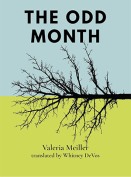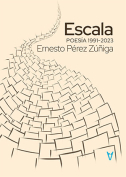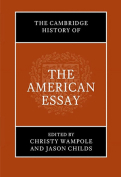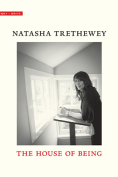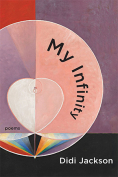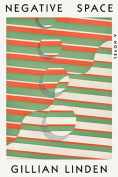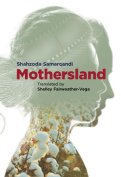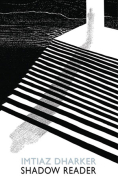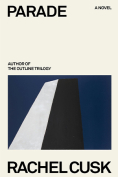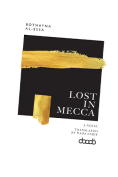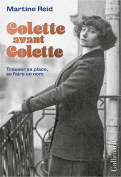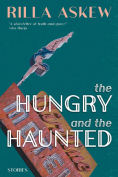Negative Space by Gillian Linden
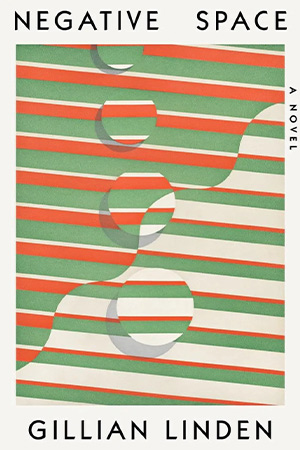 New York. W. W. Norton. 2024. 176 pages.
New York. W. W. Norton. 2024. 176 pages.
Liminality is a term used in anthropology to describe the quandary mode being experienced by humans during the middle stage of a rite of passage. This state of existence, in which the participants do not belong to either the prerite or the postrite condition, is marked by equivocation, self-doubt, and confusion. They occupy the in-between space, feeling lost and perturbed. The concept of liminality serves as the foundation for Gillian Linden’s scorching debut novel, Negative Space. The American author showcases her sharpness and insight into the most vulnerable aspects of the contemporary human condition through her precise prose, each word feeling like it is etched on stone and extending to immortality.
In many ways, the way in which Linden sets and evolves her story evokes memories of Don DeLillo’s 1985 breakout masterpiece, White Noise. At one point Linden’s unnamed protagonist and first-person narrator exclaims: “(I) felt driven to explain how the noise, the mess, the impediments to concentrate were ruining my life.” Disorientation is the malady of our times, and that’s an integral belief shared by both authors. Chronologically, the story is set in the post-Covid era, the most apt of choices as the pandemic brought forth an almost existential uncertainty and self-doubt for a large number of individuals.
The protagonist, who remains nameless throughout, works as an English professor, part-time, at an exclusive private school in the New York area. She has two kids, Lewis and Jane, and a husband who spends his days in front of his laptop screen, forever trapped in a vicious cycle of work meetings that seem to have no end. One day, the protagonist witnesses what could possibly be a case of harassment between a teacher and a pupil. She is the only one who has seen what transpired and starts wondering if she should report it or not. That’s the germ of the plot, but Negative Spaces does not intend to be a run-of-the-mill piece of genre fiction. It aspires to fly much higher.
In Linden’s fictitious universe, the outbreak of Covid-19 left many scars on the collective body, and the majority of people suffer from a special form of anticipatory grief that poisons their everyday life. Fear for the future; this was the number-one ramification of the pandemic on an international scale. We’re all afraid about what comes next. The narrator describes herself as “generally uncomfortable” and “so paranoid.” As we read and observe her circadian rhythm for a full week, we are startled to see how many little terrors crop up every day: Jane’s gum infections; a student who may or may not be thinking of suicide; another student tormented by nightmares in which he drowns in the sea. The accumulating effect on the individual of these little bits of life is immense. An undisclosed, anonymous threat looms large over modern man and, unavoidably, renders him indecisive and uncertain. According to Linden, we are bound by perpetual Hamletian dilemmas, never being sure what the proper course of action is, eventually ensconcing ourselves in inertia and inaction.
Even knowledge, our failsafe for the last few centuries, seems to be inadequate when faced with existential dread. The protagonist ponders: “Teaching made me more aware of everything I didn’t know and it showed me the fragility of the things I thought I did know.” She vacillates between feeling obligated to help and impotent to do so. The ambiguous nature of the potential sexual assault case mirrors the ambivalence omnipresent today in all aspects of life. It is the prime consequence of occupying the middle ground, the “negative space” of the title.
Linden exhibits a high level of authorial maturity that shines through her distinctive writing style. This debut shines a light on the most obscure corners of the human soul, where all the potential for catastrophic individual emotions resides.
Dimitris Passas
Athens
